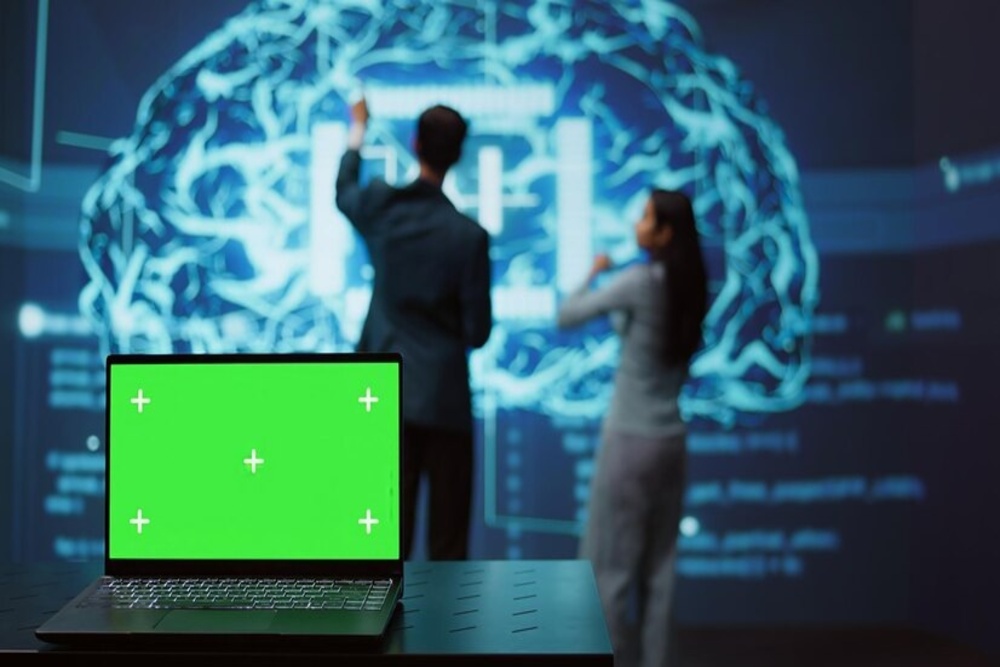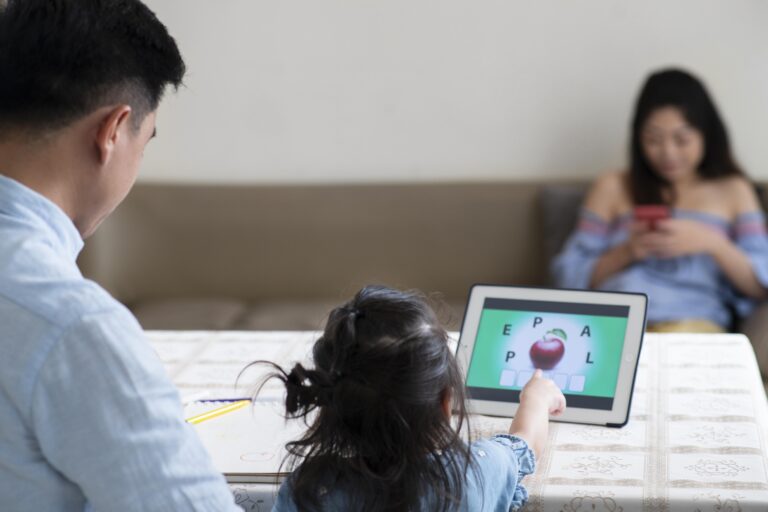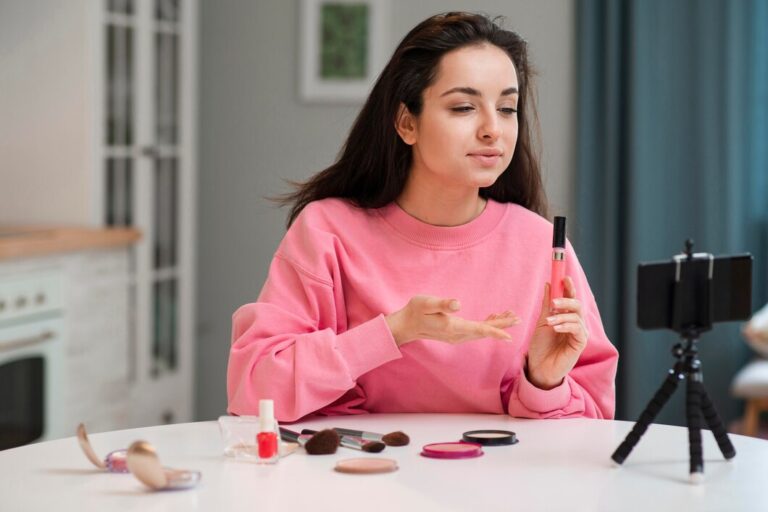
Are you feeling constantly wired, stressed, and unable to truly relax? Do you reach for your phone the moment you wake up and scroll through social media until your eyes burn before bed? You’re not alone. In today’s hyper-connected world, we’re bombarded with notifications, emails, and a never-ending stream of information. While technology offers incredible benefits, this constant connectivity comes at a cost. This blog post will dive deep into the science behind digital detox, exploring how excessive screen time affects your brain and providing practical strategies to reclaim your focus, reduce stress, and improve your overall well-being. You’ll learn why taking a break from your devices isn’t just a trendy fad, but a necessity for optimal cognitive function.

The Brain on Overload: How Constant Connectivity Rewires Us
Our brains weren’t designed for the constant stimulation of the digital age. Think of it like this: your brain is a supercomputer, capable of incredible processing power. But even the most powerful computer will crash if it’s overloaded with too many programs running simultaneously. Constant digital input – notifications, social media updates, emails, online games – creates a state of chronic stress and cognitive overload.
The Dopamine Dilemma
One of the key culprits is dopamine, a neurotransmitter associated with pleasure and reward. Social media platforms and apps are specifically designed to trigger dopamine release. Every like, comment, or notification gives you a tiny dopamine hit, making you crave more. This creates a feedback loop that keeps you hooked. It’s similar to the way addictive substances work, hijacking your brain’s reward system.
The Impact on Attention and Focus
This constant stimulation also fragments our attention. We’ve become accustomed to flitting between tasks, checking emails while on a conference call, scrolling through Instagram while watching TV. This “multitasking” is actually rapid task-switching, and it’s incredibly inefficient.
Studies have shown that it reduces productivity and increases errors. Our ability to focus deeply on a single task for an extended period – what’s known as “deep work” – is severely compromised.
The Stress Response: Cortisol and the Fight-or-Flight Mode
Excessive screen time also triggers the release of cortisol, the stress hormone. The constant stream of information, particularly negative news or social comparisons, keeps our bodies in a state of heightened alert.
This chronic stress can lead to a range of health problems, including anxiety, depression, sleep disturbances, and even physical ailments like headaches and digestive issues. It’s like constantly being in a low-level “fight-or-flight” mode, which is exhausting for your brain and body.
The Benefits of Disconnecting: Reclaiming Your Brain
The good news is that your brain is remarkably resilient. Just as it can be negatively impacted by excessive digital stimulation, it can also be restored through conscious disconnection. A digital detox – a period of time when you intentionally reduce or eliminate your use of digital devices – allows your brain to rest, reset, and repair itself.
Improved Focus and Concentration
When you disconnect, you give your brain a chance to recover from the constant barrage of information. This allows you to improve your focus and concentration. You’ll find it easier to engage in deep work, learn new things, and be more present in your daily life. Think of it like defragging your computer’s hard drive – it runs more smoothly and efficiently afterward.
Reduced Stress and Anxiety
By reducing your exposure to triggers like social media comparisons and negative news, you lower your cortisol levels and reduce feelings of stress and anxiety. You create space for calmness and relaxation, allowing your nervous system to regulate itself. Expert Quote Concept: “Digital detox allows the nervous system to return to a state of homeostasis, reducing the chronic stress response that is so prevalent in modern life”.
Enhanced Creativity and Problem-solving
Stepping away from screens often leads to increased creativity and improved problem-solving abilities. When your mind isn’t constantly occupied with external stimuli, it has more room to wander, make connections, and generate new ideas. Boredom, surprisingly, can be a powerful catalyst for creativity! Tweetable Quote: “Boredom isn’t the enemy; it’s the birthplace of creativity. Disconnect to reconnect with your inner innovator.
Better Sleep Quality
The blue light emitted from screens suppresses the production of melatonin, a hormone that regulates sleep. Using devices before bed can disrupt your sleep cycle, making it harder to fall asleep and stay asleep. A digital detox, especially in the evening, can significantly improve your sleep quality.
Stronger Real-life Connections
Excessive screen time can often detract from real-life relationships. By disconnecting, you create more opportunities for meaningful interactions with family and friends. You’ll be more present and engaged in conversations, strengthening your social bonds.
Practical Strategies for a Successful Digital Detox
A digital detox doesn’t have to be an all-or-nothing proposition. You can tailor it to fit your lifestyle and needs. Here are some practical strategies to get started:
Start Small and Set Realistic Goals
Don’t try to go cold turkey all at once. Start with small, manageable steps. For example, you could try:
- No-phone zones: Designate certain areas of your home (like the bedroom or dining table) as phone-free zones.
- Time limits: Set specific times of day when you’ll put your devices away (e.g., one hour before bed).
- App limits: Use built-in features or apps to track and limit your time on specific apps.
- Notification management: Turn off non-essential notifications to reduce distractions.
Plan Alternative Activities
One of the biggest challenges of a digital detox is figuring out what to do with your newfound free time. Plan alternative activities that you enjoy, such as:
- Spending time in nature: Go for a walk, hike, or simply sit in a park.
- Reading a physical book: Rediscover the joy of reading without distractions.
- Exercising: Physical activity is a great way to reduce stress and boost your mood.
- Pursuing a hobby: Engage in activities you’re passionate about, like painting, playing music, or cooking.
- Connecting with loved ones: Spend quality time with family and friends.
- Mindfulness and Meditation: Helps you become more in the present, and deal with stress.
Use Technology to Your Advantage (Mindfully)
While the goal is to disconnect, you can also use technology strategically to support your digital detox. For instance, Use apps that block distracting websites or track your screen time, but be sure to use them mindfully.
The “Digital Sabbath” Approach
Consider implementing a “digital Sabbath” – a dedicated day or period each week where you completely disconnect from all digital devices. This can be a powerful way to reset and recharge. This might seem radical, but the benefits are profound.
Making Digital Wellness a Lifestyle
A digital detox isn’t a one-time fix; it’s about cultivating a healthier relationship with technology in the long term. The goal is to be intentional about your technology use, rather than letting it control you.
Regular Check-ins
Periodically assess your technology habits and make adjustments as needed. Ask yourself:
- How is my technology use affecting my mood, productivity, and relationships?
- Am I using technology intentionally, or am I just mindlessly scrolling?
- Do I need to adjust my digital boundaries?
Mindful Consumption
Be more conscious of the content you consume online. Curate your social media feeds to follow accounts that inspire and uplift you, rather than those that trigger negative emotions.
Prioritize Real-life Experiences
Make a conscious effort to prioritize real-life experiences over virtual ones. Choose to connect with people in person, engage in activities that bring you joy, and savor the moments that truly matter.
Conclusion: Reclaim Your Focus, Reclaim Your Life
The science is clear: excessive digital stimulation takes a toll on our brains and well-being. A digital detox, even a short one, can offer significant benefits, from improved focus and reduced stress to enhanced creativity and stronger relationships.
By implementing the strategies outlined in this post, you can reclaim control over your technology use, cultivate a healthier relationship with your devices, and ultimately, live a more fulfilling and balanced life. The power to disconnect is in your hands – use it wisely.
Start your digital detox journey today! Choose one small step from the strategies above and commit to it for the next week. Share your experiences in the comments below!
Frequently Asked Questions (FAQs)
Q1: What if my job requires me to be online all the time?
A1: Even if your job requires significant screen time, you can still benefit from a digital detox. Focus on disconnecting during your non-working hours. Set boundaries with email and work-related communication outside of work hours. Even short breaks throughout the day can make a difference.
Q2: I’m afraid I’ll miss out on important information or social events if I disconnect.
A2: This fear of missing out (FOMO) is common, but it’s often unfounded. Most things can wait. You can set up an auto-responder for your email and let people know you’re taking a break. You’ll likely find that you don’t miss as much as you think, and the benefits of disconnecting outweigh the perceived costs.
Q3: How long should a digital detox last?
A3: There’s no one-size-fits-all answer. Even a few hours can be beneficial. Experiment to find what works best for you. You might start with a weekend detox and gradually work your way up to longer periods.
Q4: Will a Digital Detox make me less productive?
A4: Actually, the opposite is often true! By reducing distractions and improving your focus, a digital detox can increase your productivity in the long run. You’ll be able to work more efficiently and effectively when you’re not constantly multitasking and switching between tasks.
Q5: What if I relapse and start using my devices again?
A5: Don’t beat yourself up! It’s normal to experience setbacks. Just acknowledge it, learn from it, and get back on track. A digital detox is a journey, not a destination






